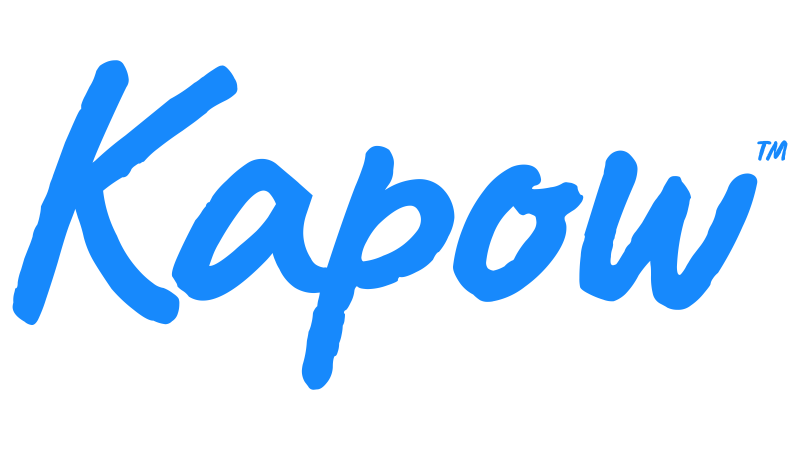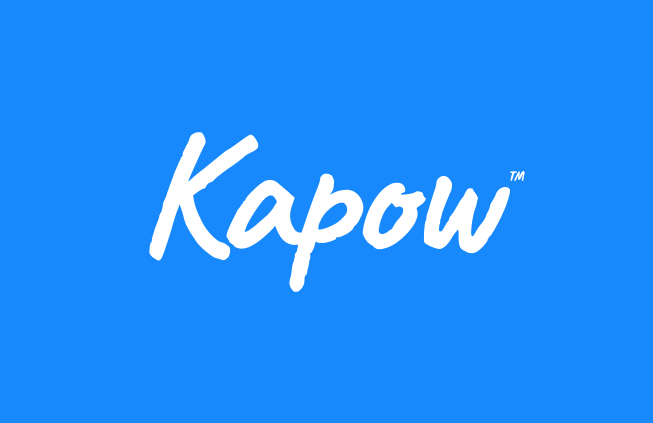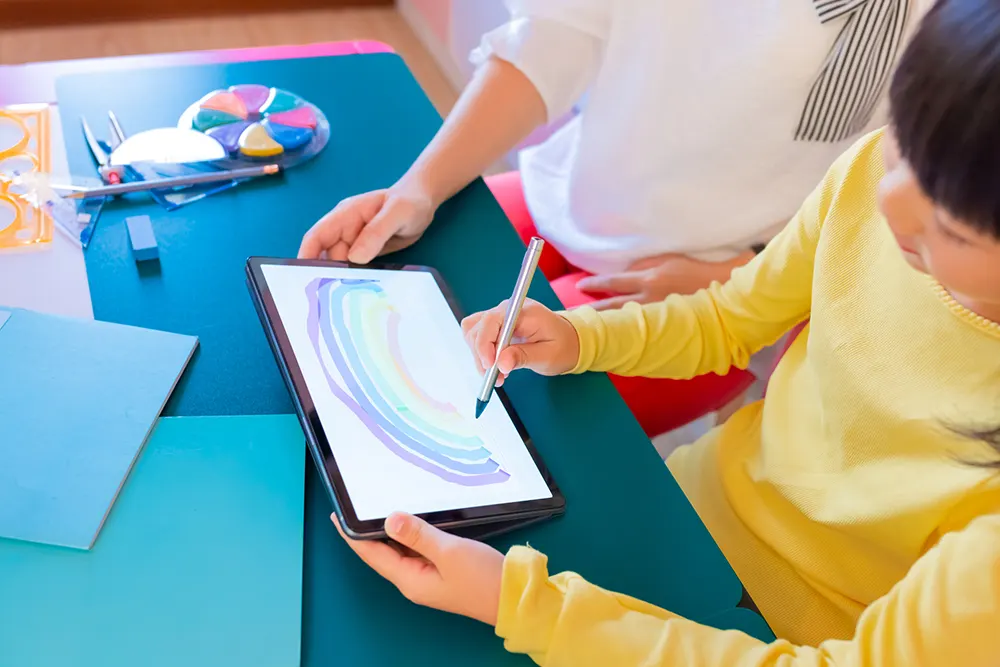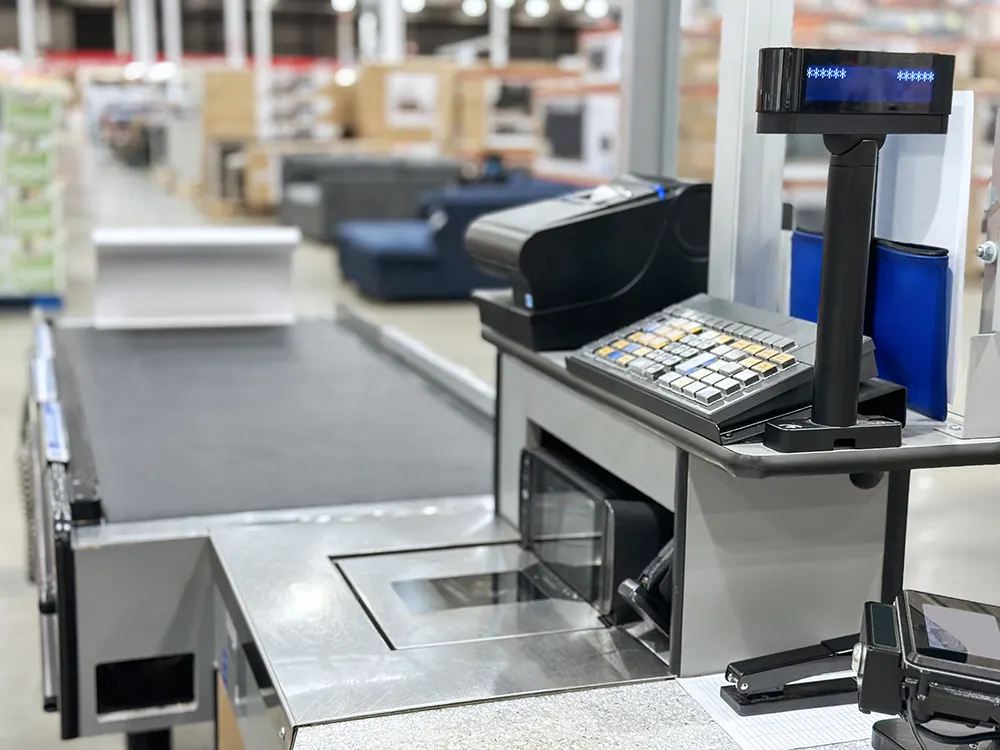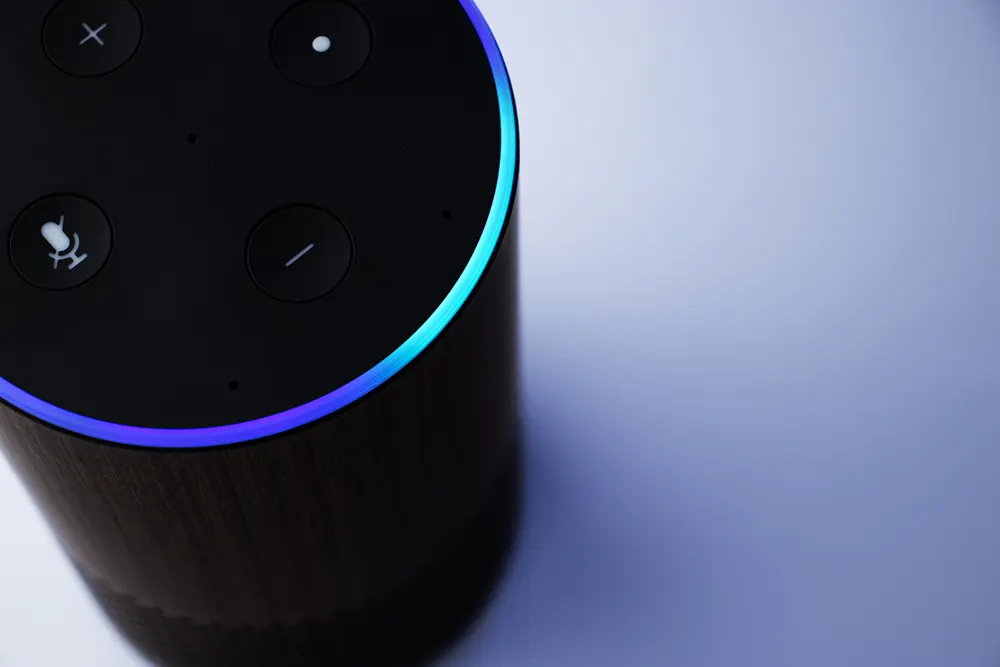Learning intention
- To know that some computers look different.
Success criteria
- I can name everyday devices that use computers.
- I
We do not currently offer this subject
Cambridge Primary Computing (0059) Learning objectives
Computer systems
1CS.01 Know that there
We do not currently offer this subject
Before the lesson
We do not currently offer this subject
Lesson plan
Recap and recall
Show the Presentation: Computer or not a computer? Ask learners to sort the objects on the table.
This content is for subscribers only. Join for access today.
Extended-mode explainer videos
How to extend your display to view the lesson page and preseantion mode simultaneously. Choose your operating system below to watch the video
If you need further support with extending your display,
please contact [email protected].
Differentiation
Learners needing support:
- Could name or point to devices they recognise as computers when shown real objects or images.
- Could gesture or use role play (for example, pretending to type or take a photo) to support their understanding.
Learners working at a stretch:
- Could be challenged to suggest other devices that contain computers.
- Could talk about where computers are found in their everyday lives.
- Should be encouraged to explain how they think computers work.
We do not currently offer this subject
Assessing progress and understanding
Learners with secure understanding can:
- Explain how computers look different.
- Sort everyday objects based
We do not currently offer this subject
Vocabulary definitions
-
computer
A machine that takes in information and follows instructions to process it.
-
device
An object that uses electricity and can help us do things (like a phone or tablet).
We do not currently offer this subject
In this unit
Lesson 1: What do computers look like?
Lesson 2: What can computers do?
Lesson 3: Inputs and outputs
Lesson 4: What else can computers do?
Lesson 5: What is the internet?
